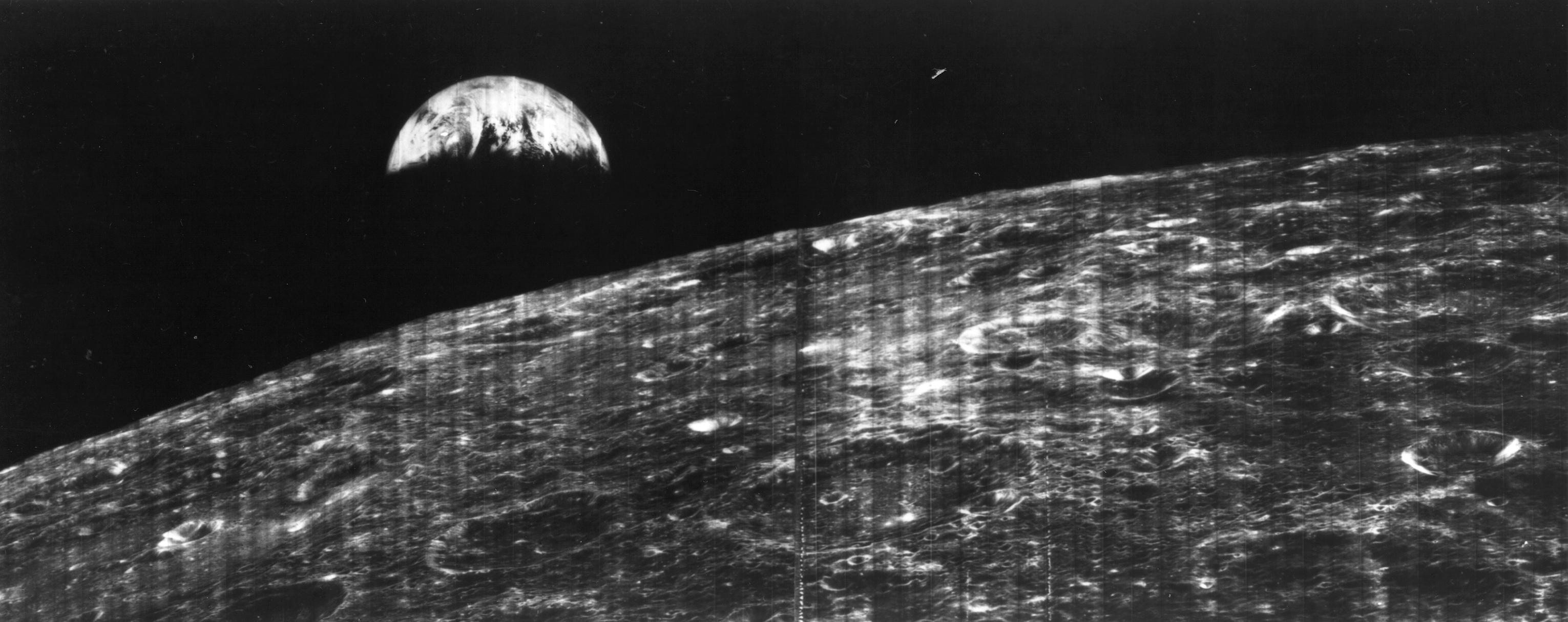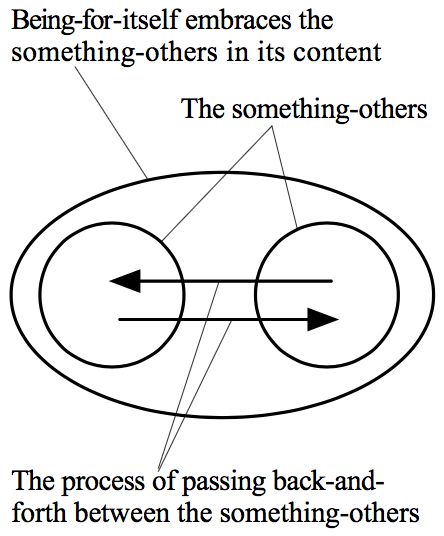dialectics
holding space for our own multitudes as well as turmoil....and realizing where our big heads stem from
vulnerability
i think the world would be better if we allowed each other space for open dialogue. what could be imagined, even accomplished, if we not only didn't shame others, but also didn't shame ourselves?
this piece of creative non-fiction, titled "dialectics," comes from my archive of writings. definitely a more vulnerable piece of work. it also happens to be one of my favorites. it has a less "academic" context attached to it than most of my other writings here will have.
hegelian dialectics are paramount for my understanding of the world. it is interwoven within the fabric of existence; there is too much complexity in the world for absolute, innate truth to exist. hope you enjoy!

1966: First view of Earth from the moon (Luna Orbiter 1) sourced from NASA/LOIRP
i find myself caught within the crossfire of two persistent truths.
my gram once told me, “the most intelligent people are the saddest, and there was a sadness in you that i felt deeply.” i often regard myself as someone whose eyes are open to the world and its horrors, and i don’t know if i can ever go back. the world is brimming with sorrow. how can i not see it? how can i not feel it?
yet in me i find the optimist. the person my mom would always quip that “she never cried when she fell.” i’d simply get back up and try walking again. i’d never go back to just crawling like the other babies. the person who laughs at her own jokes so hard she can never just spit them out, who adores saturation and vibrancy.
can these two truths coexist in some twisted semblance of harmony? or will they always be battling to defeat each other, one eventually succeeding with the other lost to time, only existing in a former self?
i consider that maybe they stem from the same virtue. could it be that the world is just so beautiful, and i see so much opportunity for everyone and everything? i often denote these truths as my curse—but i know i do not genuinely believe that—i’d take this battle of truths over blissful ignorance in every lifetime.

Base explanation of Hegel’s Dialectics sourced from the Stanford Encyclopedia of Philosophy
is this piece a plea for understanding? is it too self-congratulatory? well, if we take my own mindset into consideration, these interpretations can co-exist. thank you for reading.
memento vivere,
kristen 💌